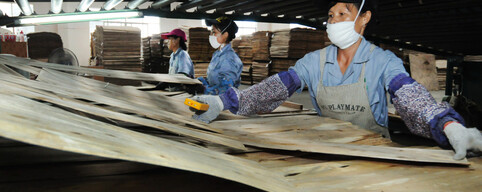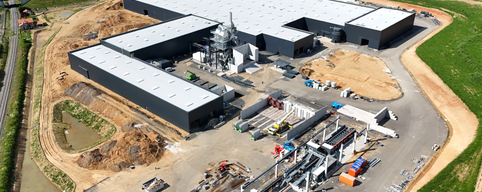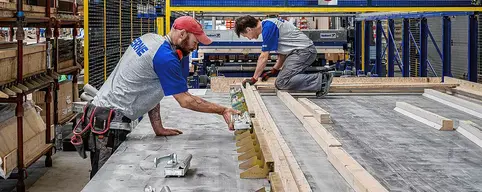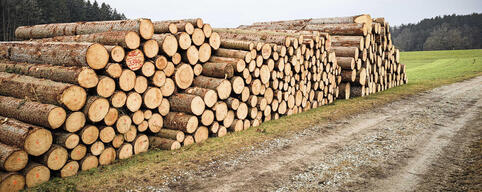

The timber industry in Austria faces numerous challenges, but also offers immense economic opportunities. Thanks to the extensive forest areas, the industry has great potential and is not limited to national markets, but also includes exports to Germany, Italy and China. Albert Schindler from the Forestry Directorate and Johann Berger, managing director of a carpentry business, take a detailed look at the current situation in an interview.
Austria's timber industry has a wealth of raw materials to draw on. The quality of wood from certain regions, such as Pongau, is particularly high, making it a sought-after raw material. Not only does the national market benefit from this, but exports are also flourishing. Countries such as Germany, Italy and China are important trading partners interested in high-quality Austrian woods.
Albert Schindler emphasizes that sustainable forestry is essential. “Austria's forests have good regeneration, which is crucial for the long-term security of wood supply,” he notes. At the same time, the ecological cycle must not be disturbed in order to be able to use this valuable raw material sustainably in the future.
When processing the wood, it is ensured that nothing goes to waste. By-products such as wood chips and bark are used for energy production. This not only contributes to production efficiency but also to sustainability by making optimal use of resources.
However, rising energy and logistics costs are also hindering the timber industry. In addition, international competition is becoming increasingly intense, which poses major challenges for the industry. Against this backdrop, Schindler emphasizes the need to use regional raw materials and to make production more efficient through innovative technologies.
Johann Berger adds that only through close cooperation between different players in the wood industry, such as forestry companies, sawmills and carpentry shops, can losses be minimized and quality ensured. This cooperation is crucial to strengthening the local economy and increasing efficiency.
The timber industry plays a significant role in the Austrian economy. “Wood is a valuable raw material that both secures jobs and is important for exports,” explains Schindler. However, in order to survive in the face of international competition, technological innovations are constantly needed.
Technological progress is of great importance in the timber industry. “The use of state-of-the-art technology is essential,” emphasizes Berger. This not only makes production more efficient, but also improves product quality. Technological innovations help to remain internationally competitive and to make optimal use of the advantages of high-quality Austrian wood.
The future of the timber industry looks promising if traditional methods are combined with innovative approaches. Both experts agree that a combination of the tried and tested and the new is necessary to meet the challenges of the future and to achieve sustainable success. Joint initiatives, such as projects to strengthen the regional timber market and cooperation between different industry players, can help to ensure the future viability of the timber industry.



